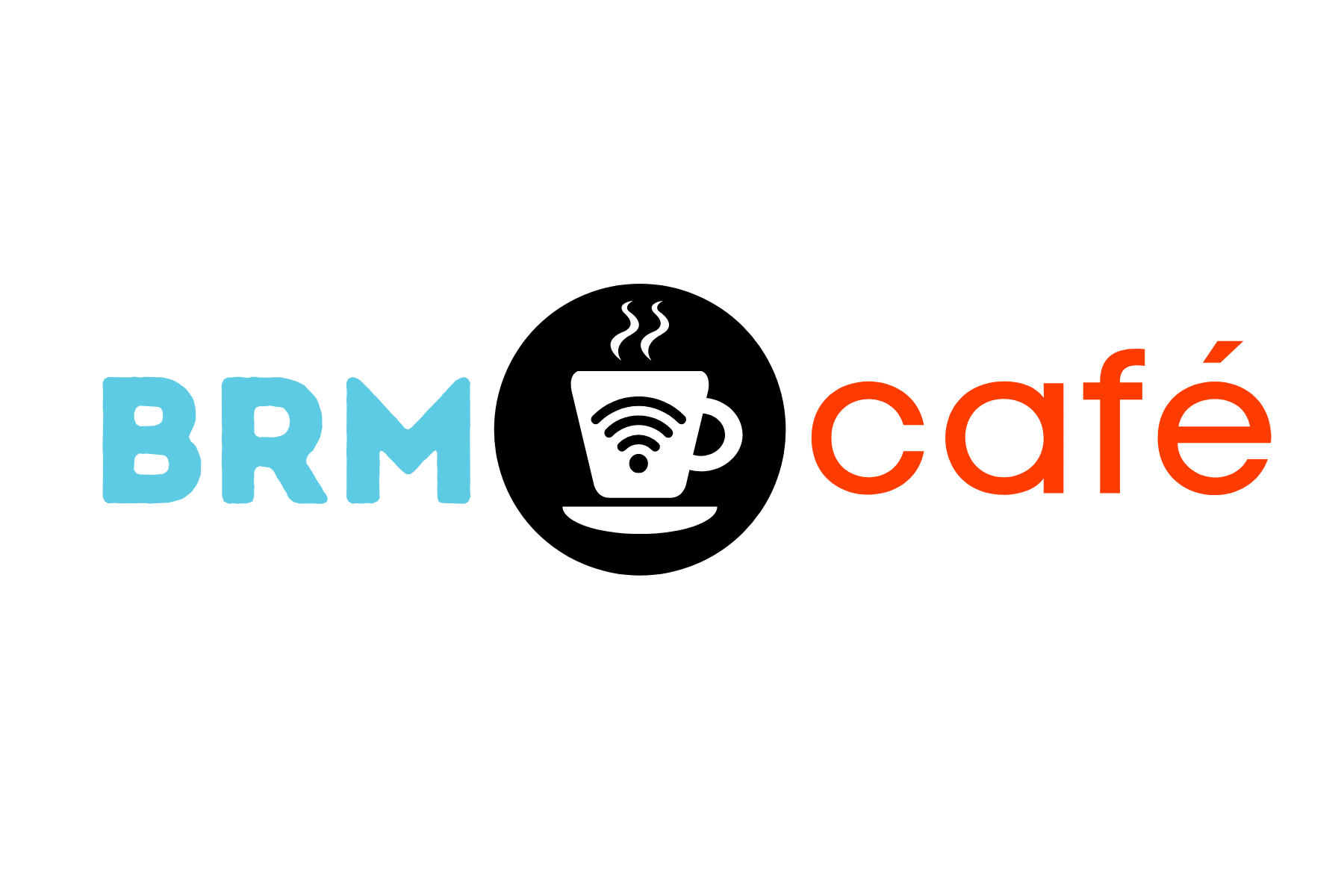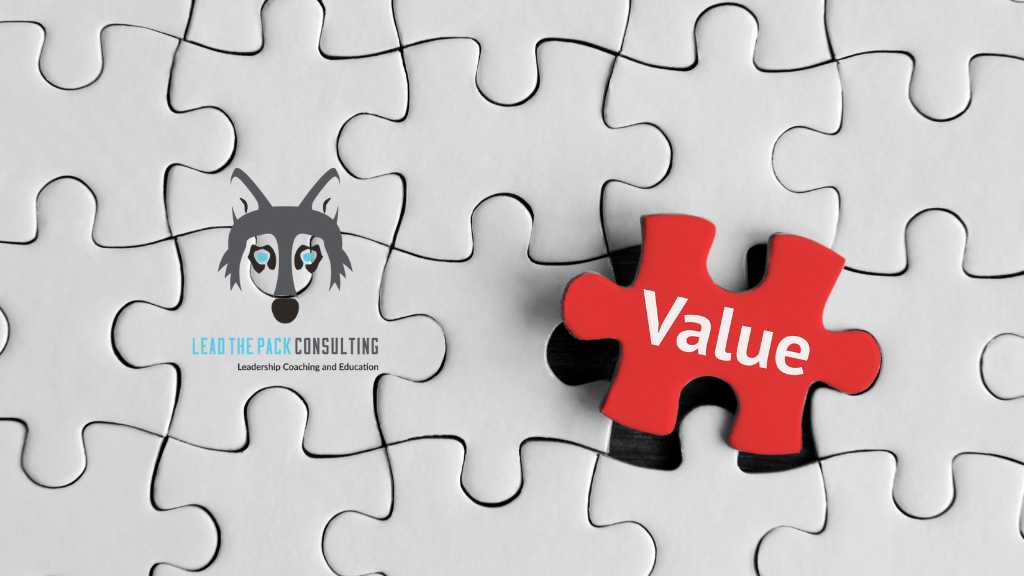By Peter Lijnse
Leadership Coach – Lead The Pack Consulting
Business Relationship Management, or BRM, is an essential practice in the business world, allowing companies to build and maintain effective partnerships with team members, customers and vendors.
However, it can be difficult to explain and define the word VALUE in BRM at the same time to give meaning to the term. Fortunately, understanding the definition of value in BRM requires just some research into what this practice means in today’s business world and why it’s so important to have effective BRM strategies set up when operating as an organization.
What is the exact definition of the word ‘Value’, according to Dictionary.com?
Dictionary.com provides the following description:
The worth of something in terms of the amount of other things for which it can be exchanged or in terms of some medium of exchange.
The interesting part here is that the explanation clearly reflects that a comparison is always needed to define actual value.
“BRM Value”. Do you think it means, what it should mean to you?
In our Business Relationship Management (BRM) dialogues, we need to address the value of initiatives that are currently being worked on. That is not always easy, especially when there is not a common understanding of the word value. The word value can have many different meanings to different people or organizations. For some the value is in functionality, or it has emotional value, or monetary, economical, supporting diversity, social impact etc. Our multi-explanatory definitions make it difficult to get clear agreement on what we see as ‘Organizational’ value.
Having a clear narrative around value is important for any organization to work towards value results. The different perspectives on value are highly dependent on context, bias, and (past) experiences, therefore creating a very complex situation. How to define the organizational value of something we need? Or, how to get everyone on the same page and recognize what is value and what’s not? A clear value narrative and language is key to achieve the organization’s objectives and purpose.
Are you asking the right questions around BRM ‘Value’?
To be able to understand the organizational value of a solution, technology or process we need to ensure the right questions are asked.
E.G.:
- Which perspectives do we need in the value dialogue?
- Who focuses on which elements of value?
- What situational context is important for value results?
- How are initiatives creating value and do we require different approaches to get to results?
- How to define competitive value?
Based on a value dialogue with the right groups, we can discuss what approach makes sense to get the value results – this will sometimes require experimentation to get more insight in the situation. Depending on complexity and context, different approaches will get the results the organization is looking for.
More interesting is: How define the process to deliver value?
The BRM Institute™ has defined activities within Business Relationship Management for Driving Value. This is focused on the capability to influence, motivate, and enable the organization to deliver value. Elements that are defined include Value Discovery, Value Realization, Value Results and Value Optimization. In building relationships, we can use these elements to Drive Value, then coach the organization towards value results that have a direct impact on the strategic objectives and purpose.
By building relationships between different groups, the organization will be able to take the right actions and ensure clear communication is established around value. This does not always answer the question who is going to execute the activities. We need to also focus on specific management activities that are executing the approach for value results, the decision-making around value (governance) and how to measure value. We often use the word value management for this – the capability to control, improve and support elements of Value Management to deliver towards objectives.
What is ‘Value Management’?
At the intersection of Value Management and Driving Value, we have activities that will be addressed by different people with different perspectives. For instance, ideation can be initiated by Business Relationship Management through bringing the right people into a discussion around new ideas. When one of the participants is more focused on Value Management, he/she might be able to execute the activities of capturing the idea and bring it to a committee that can set the priority. Someone else will be assigned to help with the value measurements and reporting.
The different roles will focus on different elements and perspectives. Business Relationship Management will focus on driving value in an organization through building relationships with the right teams. Other roles like product manager, project manager, or business architect can focus on similar activities through their role perspectives. The objective is to get a team to work together on delivering value to the organization.
In the end, effective Business Relationship Management is all about building great relationships between all the different participants. Lead and Succeed to create great results!

